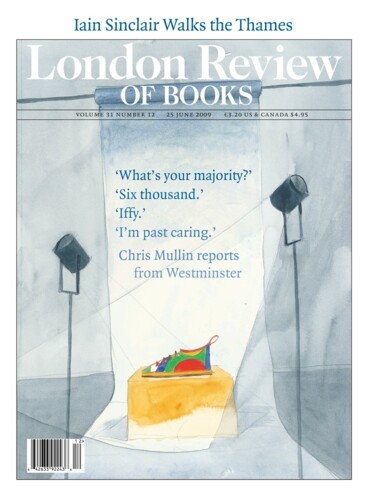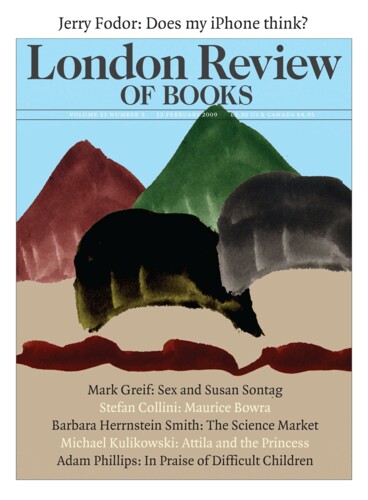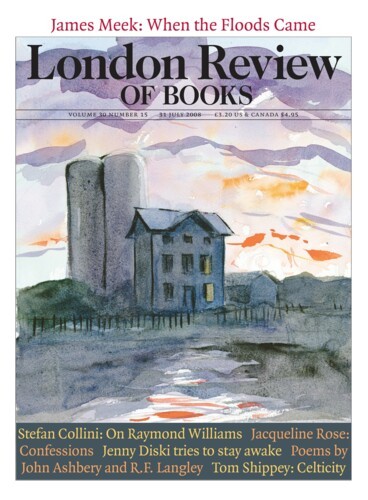Blahspeak: Aspiration etc…
Stefan Collini, 8 April 2010
The Milburn report is written for the most part in Blairspeak – or, since this idiom is now general not individual, ‘blahspeak’. In blahspeak, social mobility is equated with realising ‘pent-up aspiration’. One of the absurdities here is that the second phrase refers to subjective experience, the first to an objective pattern. People may realise pent-up aspiration in all kinds of ways without altering their position in the social structure in the slightest. This slide into the subjective once again reveals the individualist assumptions behind the Thatch-Lab pact.





